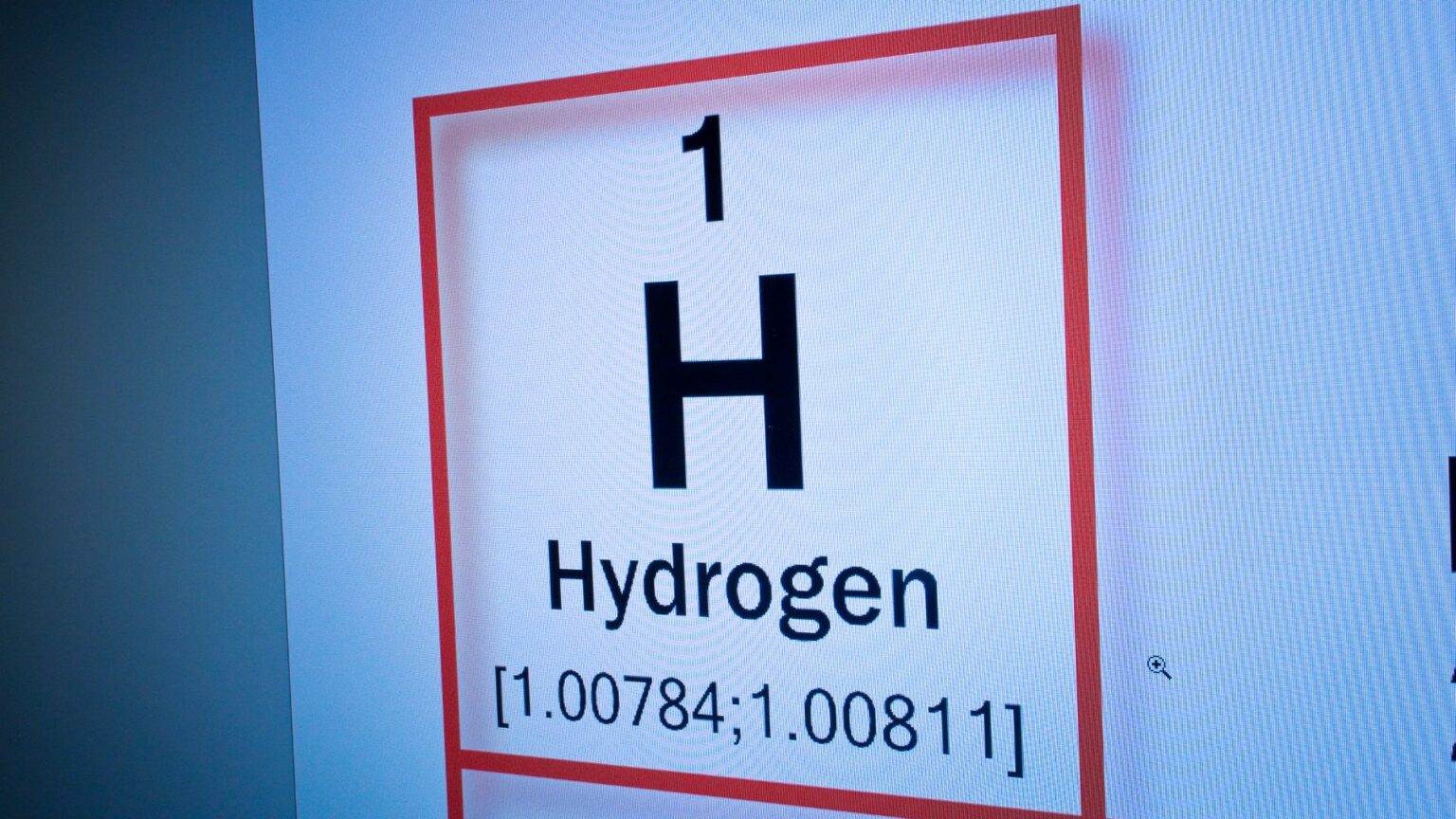As the world races to combat climate change and transition to renewable energy sources, Algeria emerges as a key player in Europe’s quest for green hydrogen. The North African nation is on a mission to become a significant supplier of green hydrogen, addressing one-tenth of Europe’s growing demand for this eco-friendly gas produced from renewable energy.
At the heart of Algeria’s ambitious green hydrogen project is the expansion of an existing gas pipeline corridor that traverses its territory. This pipeline, which currently facilitates natural gas transport, is set to undergo a remarkable transformation. The plan is to extend this corridor through Tunisia and Italy, ultimately reaching southern Germany. The German Ministry of Economics and Climate has officially confirmed this milestone development.
This announcement took place during the commencement of the German-Algerian energy partnership meeting held in Algiers, where high-ranking officials from both countries gathered to discuss and solidify their shared commitment to a sustainable energy future.
Key figures in this significant collaboration include Algerian Energy Minister Mohamed Arab and German State Secretary for Economics and Climate Protection Stefan Wenzel. Their presence at the partnership meeting underscores the importance both nations place on this endeavor.
In pursuit of its green hydrogen vision, Algeria has taken substantial steps. Earlier this year, the nation conducted two extensive solar power tenders. The outcome? Vast solar farms planned for the expansive Algerian Sahara Desert. These solar installations will serve a critical purpose – producing the renewable energy required for hydrogen production through electrolysis.
Italy, a crucial European partner, has joined forces with Algeria on this exciting journey. Italian Prime Minister Giorgia Meloni’s visit to Algeria not only marked diplomatic ties but also resulted in concrete agreements for an Algerian-Italian “energy bridge.”
A central goal of this energy partnership is to reduce Italy’s reliance on Russian gas deliveries, a strategy scheduled for realization by the winter of 2024/25. Prime Minister Meloni emphasized the importance of this collaboration, highlighting Algeria’s significance as Italy’s primary gas supplier and a key component of the nation’s energy supply strategy.
This recent energy agreement builds upon the foundation laid by Italy’s former Prime Minister, Mario Draghi. His administration successfully negotiated a cooperation agreement with Algeria, which led to a substantial increase in gas deliveries to Italy. In 2022, these deliveries exceeded 20 billion cubic meters, and the government aims to raise this volume to 36 billion cubic meters in the coming years.
Germany, a nation committed to the pursuit of green hydrogen, has solidified its role in a sustainable and interconnected energy future. Already involved in green hydrogen pipelines through energy partnerships with other nations, Germany’s collaboration with Algeria is another significant step in achieving a cleaner, greener world.
Algeria’s journey to become Europe’s green hydrogen supplier is a testament to the growing global commitment to sustainability. With solar power, innovative infrastructure projects, and international cooperation, this initiative is a beacon of hope for a future powered by clean, renewable energy. The partnership between Algeria, Italy, and Germany not only promises reduced greenhouse gas emissions but also strengthened diplomatic ties that build a more interconnected and sustainable world.
